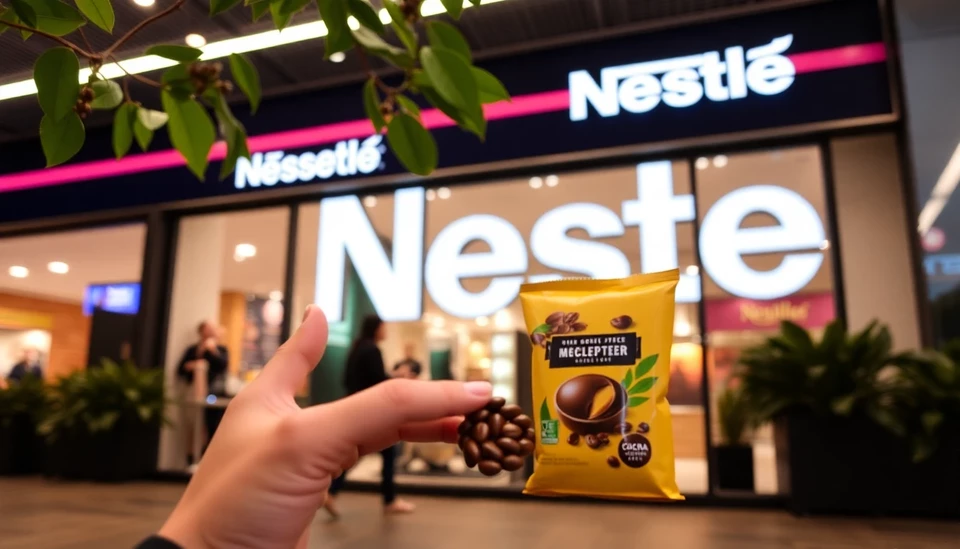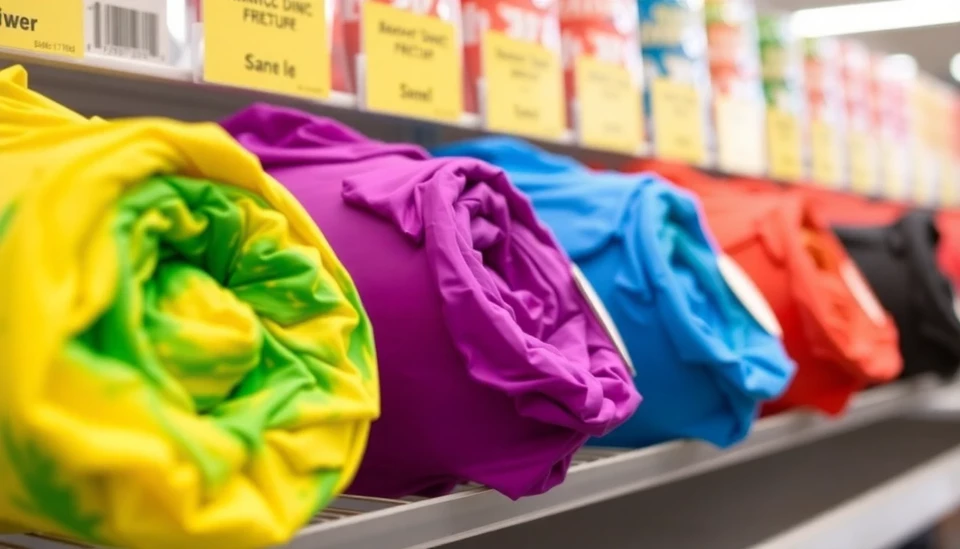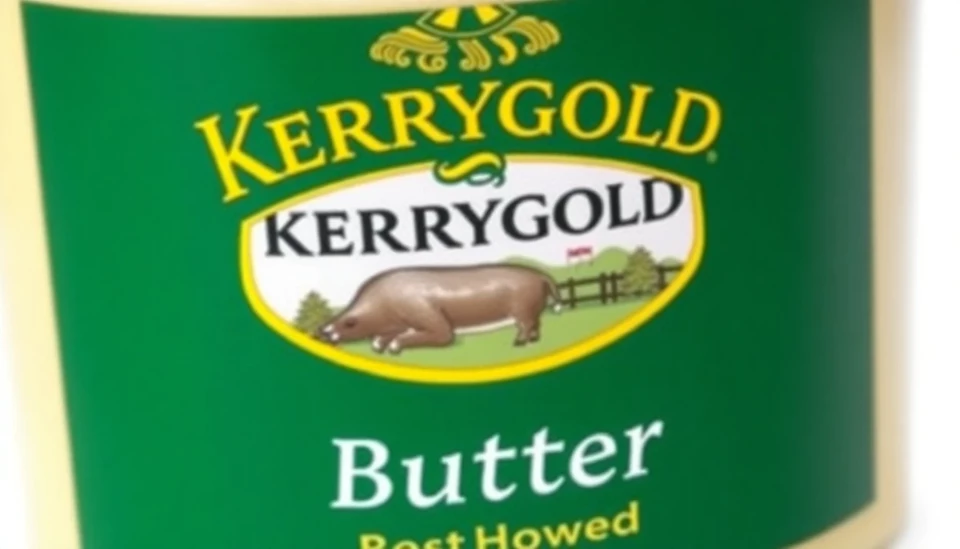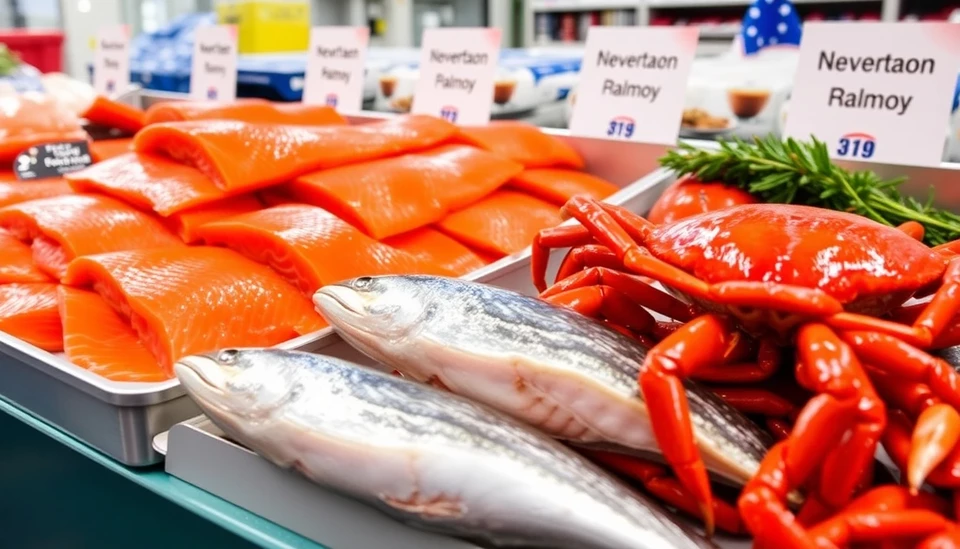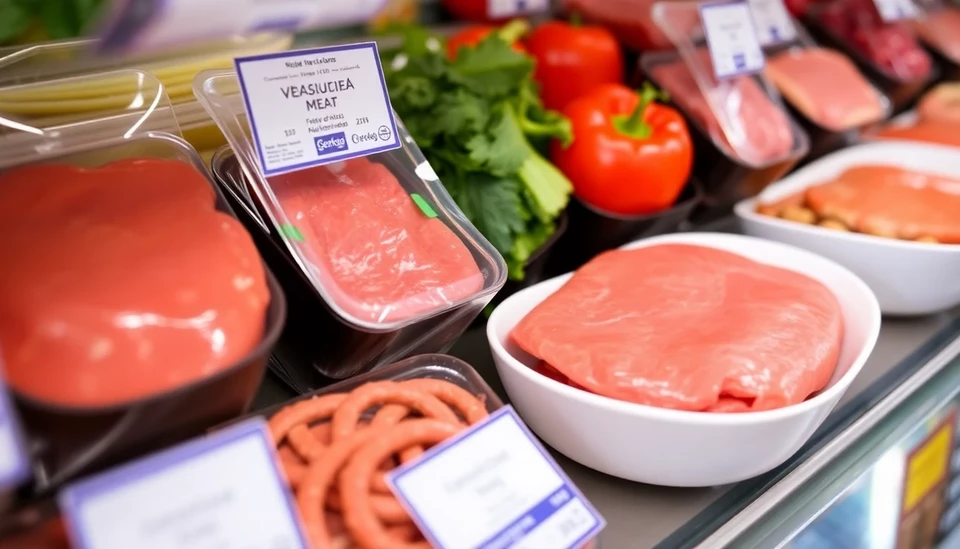
In a landmark decision last week, a French court has ruled that plant-based products can use meat terminology on their labels. This ruling has ignited a significant debate within the food industry, particularly among meat producers and the growing market for vegetarian and vegan alternatives. The court's verdict allows products like veggie burgers and soy-based sausages to retain nomenclature commonly associated with traditional meats, a move that advocates claim is essential in promoting plant-based foods, while critics argue could mislead consumers.
During the court proceedings, the plaintiffs, a coalition of meat producers, argued that the labeling practices could confuse consumers into thinking these plant-based alternatives possess the same qualities as meat products. The suit specifically targeted terms such as “sausage” and “burger,” claiming that their association with meat is deeply rooted in consumer expectations.
On the opposing side of the argument, advocates for the plant-based industry maintained that consumers are just as familiar with and are increasingly seeking out vegetarian options, thus allowing for the use of traditional meat labels makes sense in the context of modern dietary choices. The court sided with the latter argument, stating that the consumer marketplace has evolved, and labeling restrictions must adapt accordingly to reflect these changes.
This ruling not only has implications for consumer perception but also impacts how brands market their products. Major players in the vegan and vegetarian market praised the decision, viewing it as a victory for alternative protein sources. Many believe this will encourage more innovation and development within the sector, appealing to audiences who may not typically choose plant-based diets.
However, the decision is not without its pitfalls. Critics, including various consumer rights groups, express concerns that this could ultimately deceive consumers looking for healthier options. They emphasize the importance of transparency in food labeling and warn of the potential for confusion over product contents and nutritional information.
The ruling contributes to an ongoing dialogue surrounding food labeling regulations across the globe, with various countries wrestling with similar issues. In recent years, a growing trend towards plant-based diets has pushed for a reevaluation of how food products are labeled, leaving many wondering where the line should be drawn between consumer information and marketing strategy.
As the debate continues, it remains to be seen how this ruling will influence consumer behavior and whether it will incite further legal challenges in France and potentially other nations. The food industry stands on the brink of change, an intersection where traditional practices meet evolving culinary landscapes.
With consumers increasingly prioritizing sustainability and health-conscious choices, the implications of this ruling could pave the way for further acceptance of plant-based alternatives within mainstream markets. For now, producers on both sides will be watching how this unfolds, as it could redefine the future of food labeling.
### Hashtags:
#FoodIndustry #PlantBased #MeatLabeling #ConsumerRights #VeganOptions #FrenchCourt #FoodRegulations
Author: Samuel Brooks
